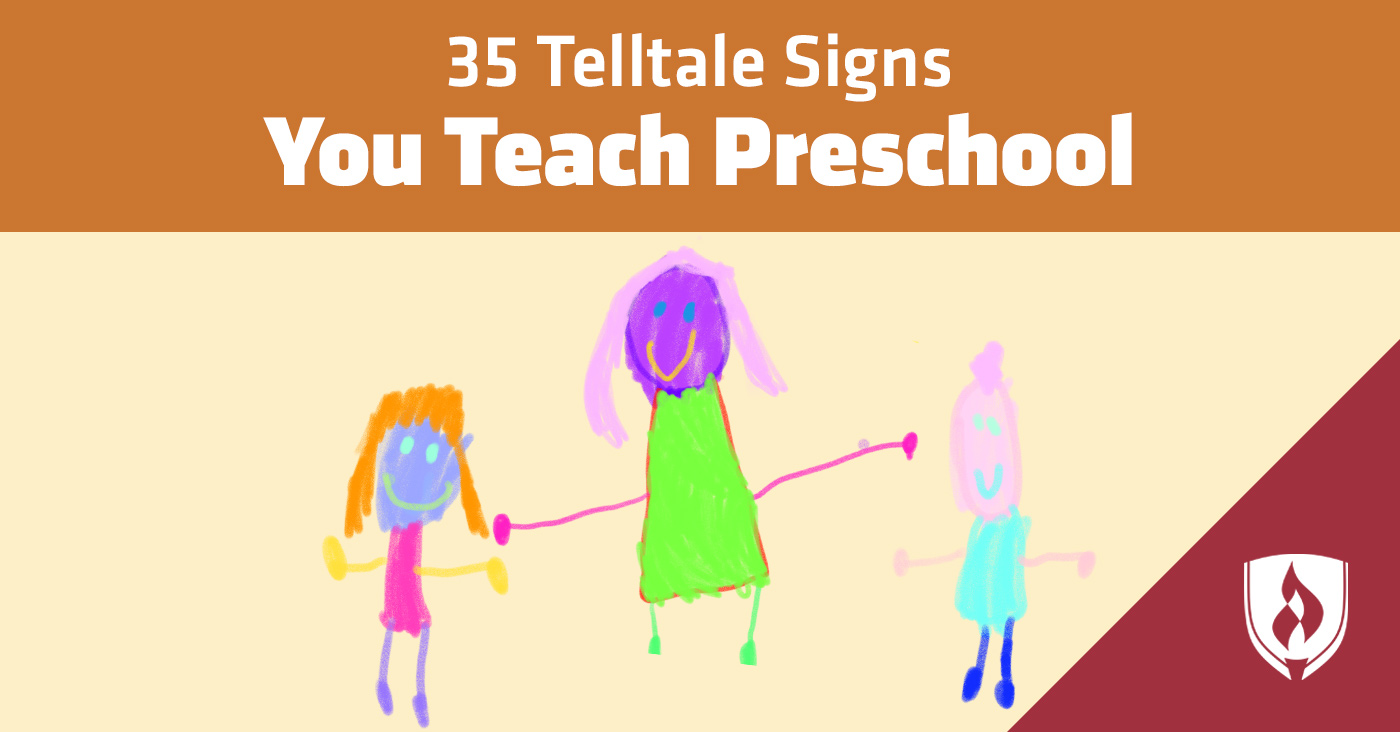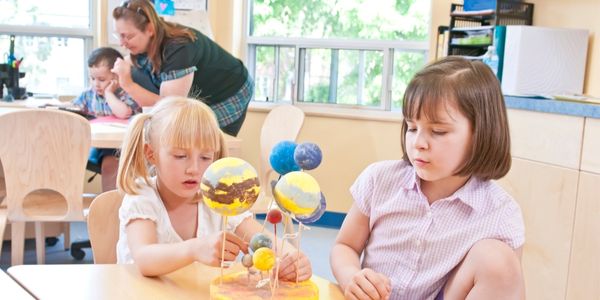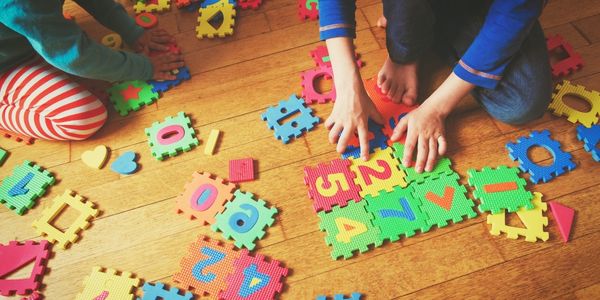
It has become widely accepted over the years that the importance of early childhood education cannot be understated. Those in favor of universal preschool are quick to highlight the positive arguments for adopting this policy—it could help family budgets, build a more level playing field for all young learners and is correlated with reducing drop-out rates, teen pregnancies and violent crime as children grow older.
Even though the U.S. currently lags behind many other highly developed countries when it comes to early childhood education, we’ve seen an increasing number of three- to five-year-olds enrolling in preschool each year, according to the National Center for Education Statistics (NCES). As such, employment for preschool teachers is projected to grow faster than the average for all occupations nationwide.
So, what does it take to succeed in this increasingly important field? We can all agree on a few generally accepted truths about preschool teachers: they’re passionate, they’re creative and they have what one can only assume is a never-ending supply of patience. But what about some of the more nuanced aspects of working with young kids—the handful of quirks all preschool teachers share once they’ve truly earned their stripes?
We spoke to a handful of professionals who specialize in working with children to learn all of the surefire signs that a person spends most of their waking hours with tiny humans.
So do you fit the description? Check out the following:
You know you’re a preschool teacher if…
- You have festive apparel for every holiday.
- You can decorate a bulletin board like it’s nobody’s business.
- You’ve accidentally asked an adult friend if they needed to “Go potty” at least once.
- You find stickers everywhere—on your desk, in your bag, in your car, on your clothes, under your shoes, in your hair…
- You’re an expert at talking your way around uncomfortable questions like, “Why aren’t you married yet?”
- You save all your cardboard boxes, paper towel rolls and empty tissue containers for classroom projects.
- You can’t make it a day without hand sanitizer.
- You have a list of baby names that are off-limits based on problem students you’ve taught.
- You have multiple kid-friendly terms for a person’s rear end in your everyday vocabulary.
- Even if you don’t have kids, you’ve been called “Mom” or “Dad” recently.
- You’re sticky. Right now. And that’s okay.
- You’re a pro at reading upside down.
- You rarely answer to your first name.
- You’ve grown accustomed to sitting in miniature chairs.
- You put so much energy into character voices and sound effects that you’re pretty certain you could make a career out of narrating audiobooks.
- Your pockets are always occupied by small toys, crayons, used tissues and snack crumbs.
- You ask the question, “Did you wash your hands?” dozens of times each day.
- You regularly refer to yourself in the third-person.
- You secretly curse the person who decided kids’ shoes with laces were a good idea.
- You’re accustomed to narrating your every move.
- You have a song for any and every big life lesson.
- You have to fight the instinct to roll your eyes every time you hear a kid say they want to zip their own coat.
- You’ve seen more puke than some nurses.
- You’re convinced that your immune system should be studied by scientists.
- You’ve become an excellent mediator of petty arguments.
- You reflexively start humming the clean-up song when picking up at home.
- You hear the word, “Why?” at least 50 times each workday.
- Your friends live for your funny work stories.
- You have to fight the urge to correct random children you see misbehaving in public.
- You have lingering guilt about the amount of crayon drawings you’ve thrown away.
- You’ve received more gifts of lotion, hand soap, candles and baked goods than you know what to do with.
- You know that remembering whose turn it is to be line leader can feel like a life-or-death matter.
- Your work days are never boring.
- You can think of no greater feeling than seeing kids succeed.
- Even though they drive you crazy most days, you have to fight off tears when your class moves on to Kindergarten.
The reality of life as a preschool teacher
The impact of a quality preschool education has been well studied, but alongside the many short- and long-term benefits are the memories of great teachers who made an impact on our lives along the way. Helping to guide our littlest learners during such a pivotal phase of their development is a calling we know you don’t take lightly.
As you navigate your way through the big emotions, questioning minds and sticky hands of your workdays, it can be helpful to consider some of the successful strategies other educators found to be impactful for their students. Visit our article, “7 Teaching Strategies to Consider for Your ECE Classroom” to learn more.
Related Articles:




